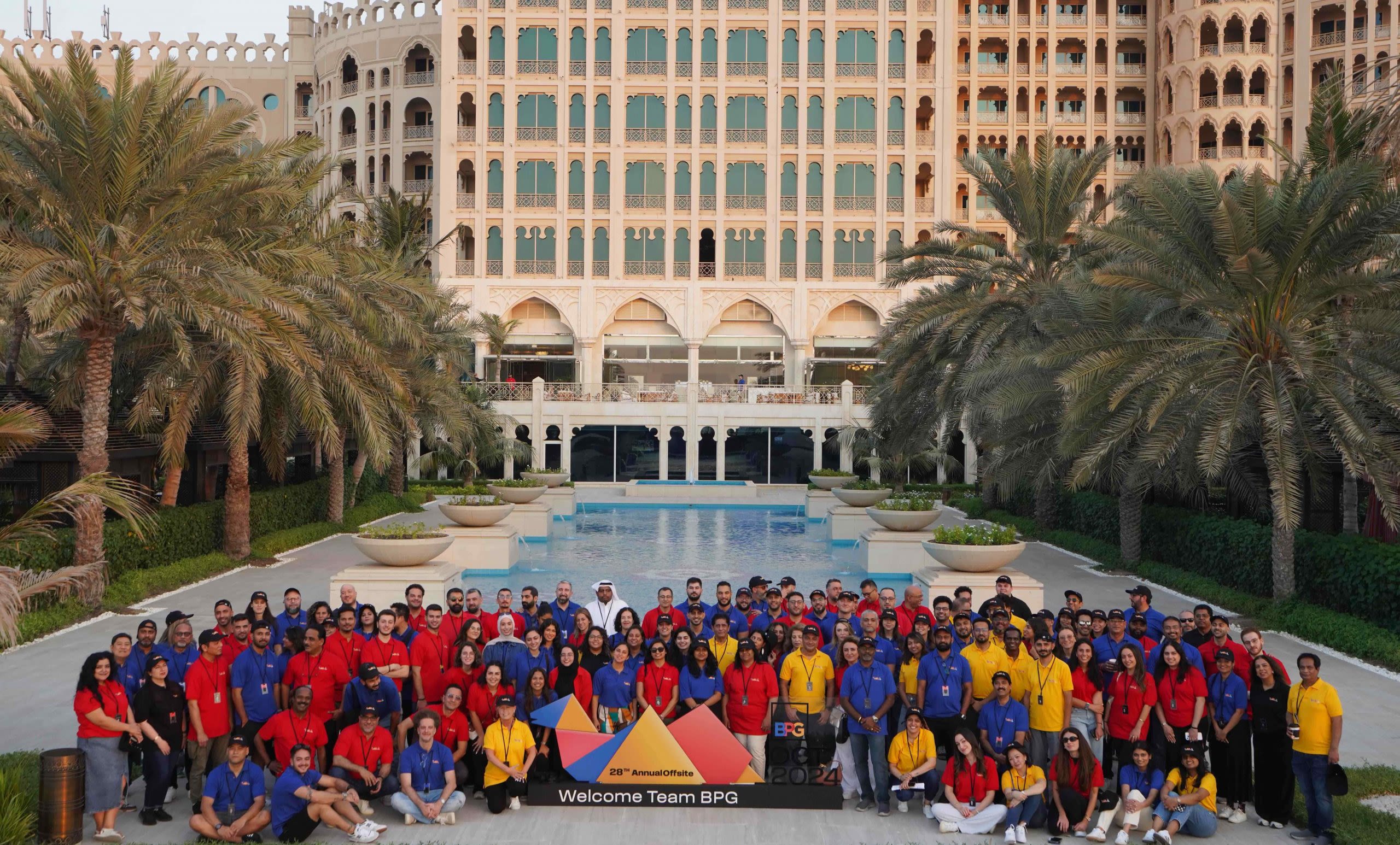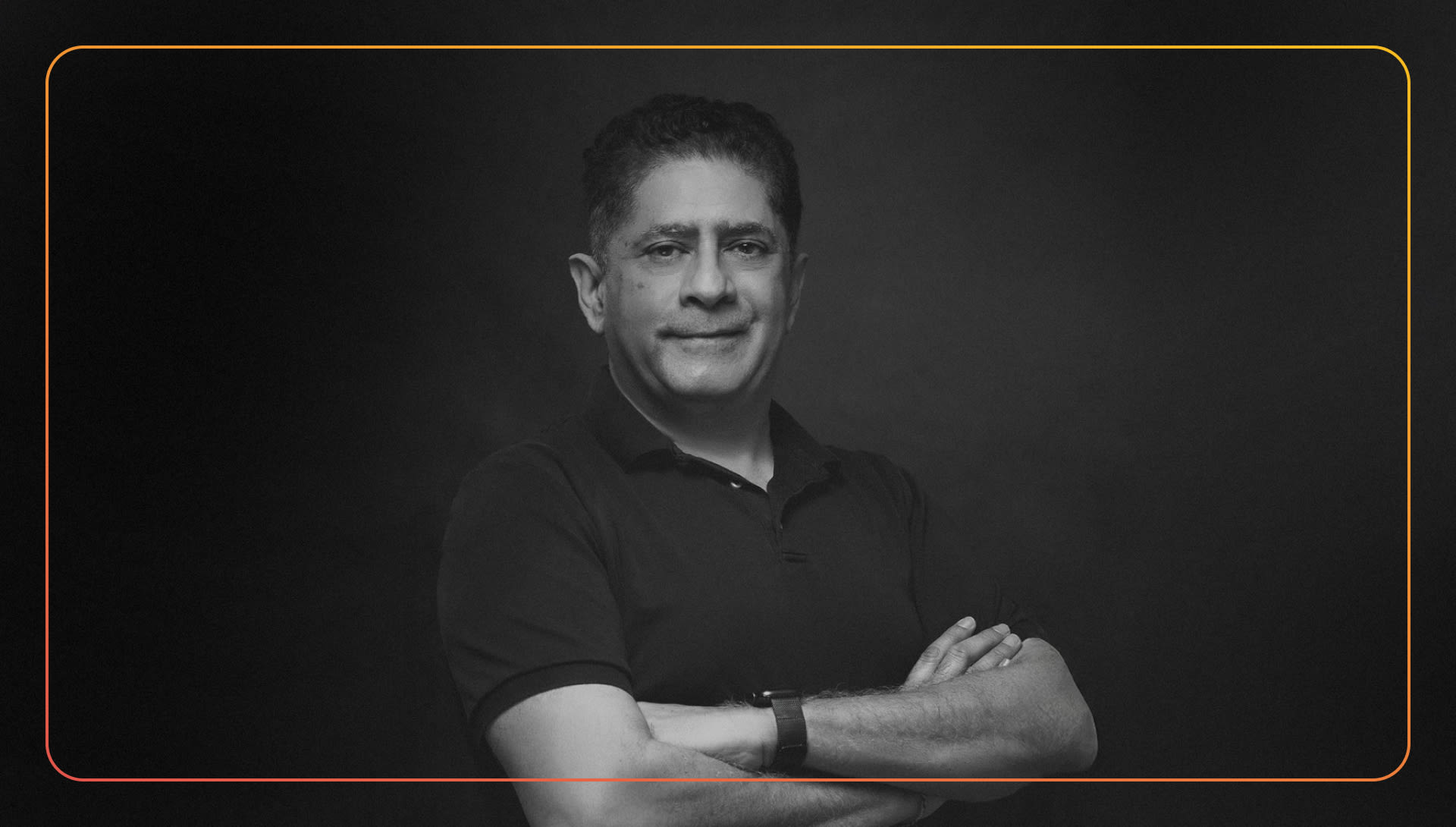As competition within the agency landscape increases, success and long-term sustainable growth are not being defined by only creative campaigns, but by a cultural shift within organisations that rises from the grass roots to the boardrooms. Once considered an essential internal policy shift, culture has now become a strategic asset — a driver of innovation, inclusivity, and market relevance —and a critical benchmark for sustainable growth.
Beyond the proven impact of diversity and inclusion on creativity and profitability, a 360-degree cultural shift within an organisation, which includes open communication channels, collaborative problem-solving and empowered agility and adaptability, is also proven to result in higher talent retention and long-term client-agency relationships.
Speaking to Campaign Middle East about how culture is integral to strategy, Avi Bhojani, Group CEO, BPG, said, “Culture is more than words on paper, PPT slides, or posters on walls. It’s about collaboration without ego, but with client-centricity and innovation. Here, ideas have no seniority; everyone brings something valuable to the table.”
‘Integrated by intent’
This year, BPG celebrated its 28th annual offsite, BPG Camels, at the Waldorf Astoria in Ras Al Khaimah. The event saw 154 employees from seven markets, including the UAE, Saudi Arabia, and Kuwait, in attendance.
Amidst the team bonding initiatives, 11 teams tackled 11 briefs under tight deadlines, embodying the agency’s “digital first, integrated by intent” strategy.
Dina Najim, Business Director at BPG Arabia from Jeddah captained the winning team whose campaign tackled the Kingdom’s diabetes crisis.
“Each member brought unique perspectives to shape the creative vision and went out of their way to help one another. What could have been a high-stress task turned into a joyful, energising experience during our offsite event,” Najim said.
Mariagrazia De Angelis, GM at Landor MEA and jury member added, “In just six hours, competing teams came up with exciting ideas packaged in a compelling way. Their approach was a clear proof point of the agency’s ‘integrated by intent’ strategy. The amazing talent and the cohesive team culture did the rest.”
When a culture of ‘thinking differently’ is a strength
Creativity thrives in an inclusive environment where every voice is heard and valued. Diversity, equity, and inclusion (DEI) has become a central focus for leading global organisations, including in the UAE, where diverse teams drive innovation in a multicultural environment.
According to McKinsey’s ‘Delivering Through Diversity’ report, companies with diverse executive teams are 33 per cent more likely to outperform their peers in profitability.
“The ability to think differently and work across geographies is what gives us strength,” notes Clark Williams, Director of Marketing and Communications at Trojena/NEOM.
Williams was a jury member at BPG Camels, where as many as 35 nationalities participated. The agency has ambitious plans to further improve its diversity scores.
“What we love about the annual BPG Offsite is how it helps realign everyone by bringing us together, be it in terms of thinking integrated and cross country, or towards the group’s common goals, all while having fun learning and doing,” a Dubai participant told Campaign Middle East.
This is echoed by another colleague from BPG Kuwait, who said “Meeting talent from every corner, where diverse collaborations ignite BPG’s innovation—this experience was a powerful reminder of the brilliance that emerges when we unite.”
These principles resonate well with trends in the UAE’s dynamic business environment, where creativity often aligns with strategic goals. Effective culture empowers teams while maintaining structures that ensure accountability.
This balance is evident in BPG’s use of “open and closed” states, a concept popularized by John Cleese. It is a framework that is crucial for fostering creativity within an organized process, ensuring that ideas are not just generated but also elevated into impactful solutions.
As many leading firms today have demonstrated, creating ecosystems that support both freedom and accountability can lead to industry-defining breakthroughs.
Darius Labelle, President of BPG UAE, explains, “We make space for both exploration and execution. Open states let us freely explore ideas, while closed states help us refine and implement them."
Client-centricity: the core of cultural strength
For agencies, a defining element culture is client-centricity. Global research underscores this connection: companies with strong client-centric cultures outperform competitors in income growth by 2.4x, as noted by BAV (2023).
Toby Hoare, Global Client Lead on Unilever at WPP and BPG board member, said, “Creative brands build lasting client trust and attract top-tier talent, fostering a cycle of continuous innovation.”
For BPG, culture is not just about today’s wins but also about creating a lasting legacy. “This year’s offsite was like our Olympics,” said Souheil Arabi, Gorup COO, BPG Group. “We pushed our people to aim higher, go further, and innovate faster. The results surprised us, with teams displaying creativity and resourcefulness that exceeded expectations.”
In an industry where campaigns are transient but culture is enduring, aligning strategy with culture can create a lasting impact.
By integrating DEI, client-centricity, and innovation into the fabric of its culture, BPG aims to build campaigns alongside a creative legacy. Culture, when nurtured strategically, becomes more than an asset — it becomes the competitive edge that defines the organisation.
As Dominic Stallard, Founder, The Experience Makers and jury member concluded, “The BPG offsite was more than just an event – it was the start of a cultural movement. The agency is well on its way to major industry recognition. With fresh ideas and innovative solutions, the company is primed to take home major awards and solidify its status as a creative force.”
This article in Campaign Middle East


